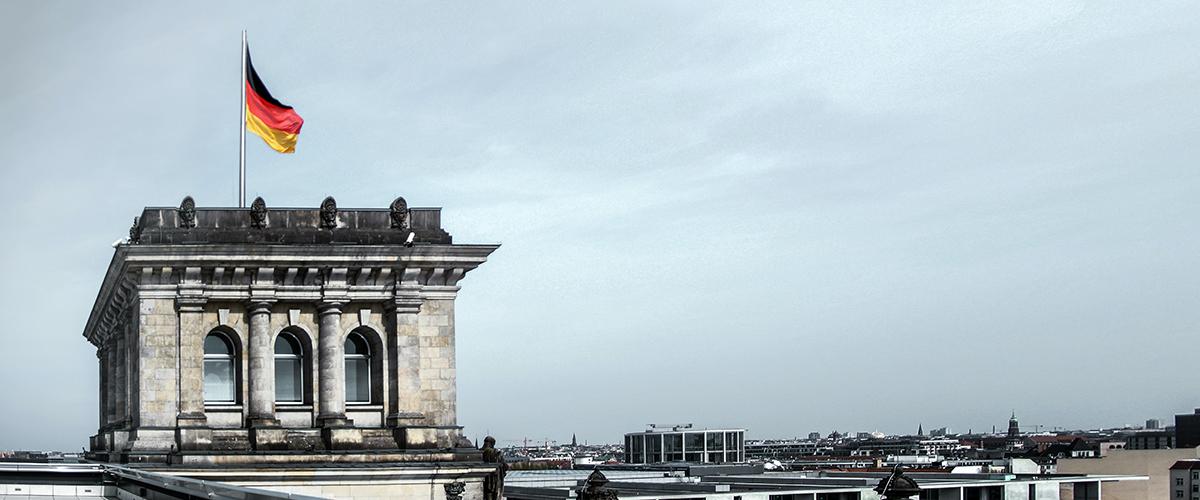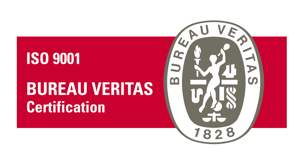Article

Amendment of the German Trademark Law
The amendment of the German Trademark Law as the implementation of the EU Trade Marks Directive 2015/2436 dated 16 December 2015 became effective on 14 January 2019 resp. in parts on 1 May 2020.
Overview of the most important amendments:
1. Determinability/new forms of trade marks
Facilitations were adopted with regard to the representation of so-called "new" forms of trademarks, such as sound marks, multimedia marks, holograms, etc. In the past such trademarks had to be graphically representable (i.e. in two dimensions), but now they can be filed in suitable electronic formats. They only have to be clearly and unambiguously determinable.
This, however, is not yet valid for IR marks which are based on national German marks – in these cases a two-dimensional graphical representability is still required.
2. National Certification Mark
Since 14 January 2019 a national certification mark can be registered. Regarding this mark only the guarantee function and not the manufacturing function is to the fore. The guarantee character must already be inferable from the graphic representation. Additionally, it is required to submit the regulations governing the use of the mark, which contain indications as to product properties, conditions of use as well as to the possibilities of verifying and controlling.
3. Renewals
Here, two different time periods are to be considered:
a) for marks that were registered before 14 January 2019:
Renewal due 10 years starting from the end of the month of the filing date: When the mark was filed on 10 March 2010 the renewal becomes due on 31 March 2020.
b) for marks that were registered after 14 January 2019:
Renewals are due 10 years starting from the day of the filing date: When the mark was filed on 10 March 2020 the renewal becomes due on 10 March 2030.
c) Surcharge of EUR 50,00 already one day after the expiration of the protection of the trademark (possible for 6 months) – a surcharge-free period of the first two months (after the due date) is abandoned.
4. Amendments to the opposition proceedings
a) The list of prior rights in the opposition procedure (§ 42 German Trademark Act) was expanded
- Up to now an opposition could be based on the following prior rights: prior marks, trademarks filed by an agent, company names, business names
- New : (§ 42 II No. 5 German Trademark Act)
- Now, protected geographic indications/designations of origin can be asserted as new, additional grounds for an opposition. In the first place this applies to trademark owners being eligible to use an earlier designation of origin or a geographical indication of earlier priority (e.g. a manufacturer of such a product).
b) Several opposing marks
- Up to now an opposition could only be based on one earlier mark (opposition fee € 120,00 per opposing trademark)
- New: One opposition can comprise a plurality of opposing marks – (opposition fee €250,00 for the first mark and €50 for each additional opposing mark).
c) Upon a common request of both parties a cooling-off period of two months is granted for an amicable settlement.
d) If the trademark owner contests the use of the opposing trademark, evidence of use material is to be provided for the following period (now identically to the EUIPO trademark practice) : it now starts uniformly 5 years before the filing date or the priority date of the contested trademark (previously: 5 years before the date of the publication of the younger trademark). Most important materials of proof of use are still the Affidavit of the trademark owner (counts much more as compared to a case before the EUIPO), copies of invoices (indicating the mark) to addressees in Germany as well as photographs of product representations showing the mark and indication of the exact date of the taking. The grace period (5 years) of non-use uniformly starts at the day after the expiration of the opposition deadline or after an opposition procedure had been terminated.
5. Request for a declaration of invalidity of the younger mark for relative reasons (since 1 May 2020) (§ 53 V S. 3 German Trademark Act)
Since 1 May 2020, independently, in addition to the opposition procedure, a request for a declaration of invalidity for the cancellation of the younger mark due to prior rights can be filed. This request can be filed at any date starting from the registration of the younger mark.
a) In contrast to the opposition proceedings on which one examiner decides, three examiners take a decision in the case of the invalidity proceedings.
b) A differing decision in the opposition procedure does not conflict with the decision in the invalidation procedure (§53 I S. 4 German Trademark Act).
c) The most important difference to the opposition procedure consists in the relevant period of time for filing the evidence of use material. The period of use in the invalidity procedure can move up to the end of the final hearing (before the Federal Patent Court) if, at the beginning of the invalidity procedure, the earlier mark is still pending in the grace period of non-use and becomes subject to compulsory use after the filing of the invalidity request. In such case the use of the same is to be continuously proved ("moving" period of use).
d) Apart from the invalidity procedure before the GPTO there is still the possibility of filing a cancellation action based on prior rights before the civil courts. If, however, a legally valid decision of the GPTO/ Federal Patent Court was taken in the invalidity procedure, it will be binding for the cancellation procedure before the civil courts, insofar as it concerns the same matter in dispute (§ 55 I S.2 German Trademark Act).
6. Cancellation procedure due to non-use before the GPTO
The request for cancellation of a trademark because of expiration is filed with the GPTO. In the past, after the cancellation request had been served upon the trademark owner, the procedure had to be continued before the civil courts. Now, the entire cancellation procedure is prosecuted before the GPTO. The proofs of use are to be submitted there. Official fee: EUR 400, --. An appeal to the Federal Patent Court is possible (§ 53 V S.3 German Trademark Act).
7. Transit
Since 15 December 2018 the transit of goods represents a trademark infringement in Germany, if the following prerequisites are met:
- when the infringing marking is identical or "de facto" identical to the earlier mark,
- when the goods illegally bearing the mark also represent a trademark infringement in the country of destination (§14a German Trademark Act).
An exception exists if the goods are presented on trade fairs (in this case it is recommendable to file a request for confiscation at the border with effect for the European Union and, if necessary, a separate request for confiscation at the border of Germany).
8. Registration of licenses (for trademarks)
The formal registration of the licensee in the trademark register is now also possible for trademarks in Germany. The advantage is that the proof of a licensee's right to sue is facilitated for the case of lawsuits before the ordinary courts.























